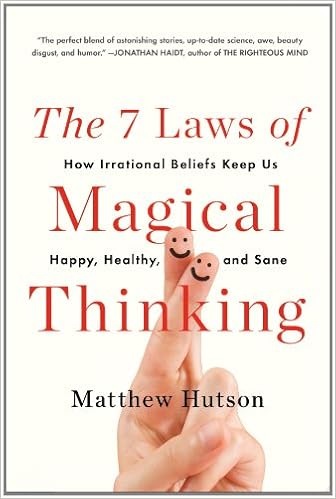The basic position of the book is that the technological environment in which we live has become so complex that in many cases we no longer fully understand let alone control how technology works. Especially this is true in large technical systems such as the Internet, or electricity or water distribution.
Thus, complex technological systems exhibit emergent behavior which is at times surprising to us because due to their complexity, their behavior can not be modelled or otherwise anticipated in all possible circumstances.
As examples, complex technological systems cause phenomena such as sudden swings in financial markets (computerized systems trading by themselves at a very high speed) and large-scale electricity outages (a single failure causing a cascade of effects which diffuse system-wide).
According to the author, this "overcomplication" is to a part due to fundamental restrictions in our capacity to process and understand information, and to a part due to the very nature of complex systems/phenomena (c.f. complexity theory).
As a possible way to at least partly tackle the problem, the author suggests that we should increasingly view technology with biological rather than mechanistic metaphors.
Was it good?
The book is quite good and pleasant to read. Well, probably the contents could have been squeezed into one third if not even tighter with the basic message left basically intact -- North American non-fiction books for a general audience seem to suffer from a kind of a syndrome of "having to be of a reputable length".
In any event, the book contains a number of illustrative examples (stock markets, electricity grids, commonly-used software applications, computerized functionality in cars etc.), which make one to really appreciate what the author has to say.
The main take-away for me?
In a way, the book didn't include anything particularly new to me, which I assume to be the case if one is read anything touching on complexity theory and/or technological systems. In any event, the human side of the discussion (how we, as humans, may be inherently incapable of grasping large complex systems) was a welcome and refreshing addition to a "standard treatment". Also, the biological vs. mechanistic metaphors of viewing technological systems (though not worded in this manner by the author) was thought-provoking--the fundamental metaphors with which we view the world surely are quite consequential.
Who should read the book?
The book on Amazon.com: Overcomplicated




